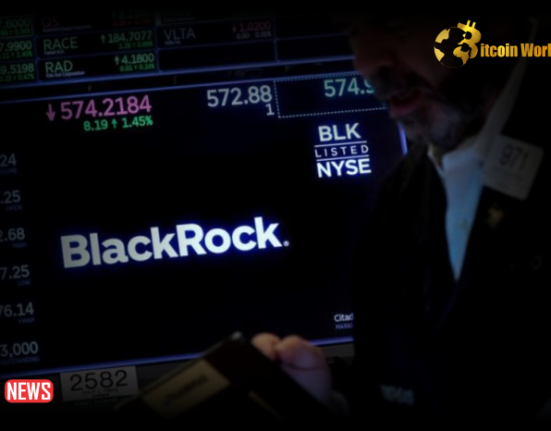The Philippine Securities Commission is considering tightening regulations on cryptocurrency, crypto businesses, and other financial products that use blockchain technology.
Under new draft guidelines, the Philippines Securities and Exchange Commission (SEC) seeks to include cryptocurrencies in its jurisdiction and strengthen its power over the local cryptocurrency business.
According to a Jan. 25 story in the Manila Bulletin, the securities regulator has submitted draft regulations pertaining to financial goods and services for public comment, which include cryptocurrency and digital financial products.
According to the SEC, the proposed regulations would operationalize a recently enacted bill and provide it with “rule-making, surveillance, inspection, market monitoring, and increased enforcement authorities.”
The recommendations broaden the definition of a security to include “tokenized securities products” as well as other financial products based on blockchain or distributed ledger technology (DLT).
Other financial goods, including digital financial products and services accessible and supplied through digital channels, as well as their suppliers, will be subject to the SEC’s jurisdiction.
Similarly, the capacity to enforce securities legislation has been enhanced. The SEC would have the authority to prohibit service providers from charging excessive interest, fees, or charges.
The regulator would also have the authority to reject or dismiss directors, executives, or any other employee who violated the laws. It might potentially put a company’s whole business on hold.
Local laws permit the SEC to develop its own rules for enforcing legislation under its authority. The central bank of the Philippines and the country’s insurance regulator are also permitted to develop rules to complement relevant laws.
The recent development is part of the regulator’s ongoing campaign against cryptocurrencies.
The SEC advised the public in late December 2022 against utilizing unregistered exchanges operating within the nation, stating that a number of exchanges were “illegally permitting” Filipinos to use their platforms.














